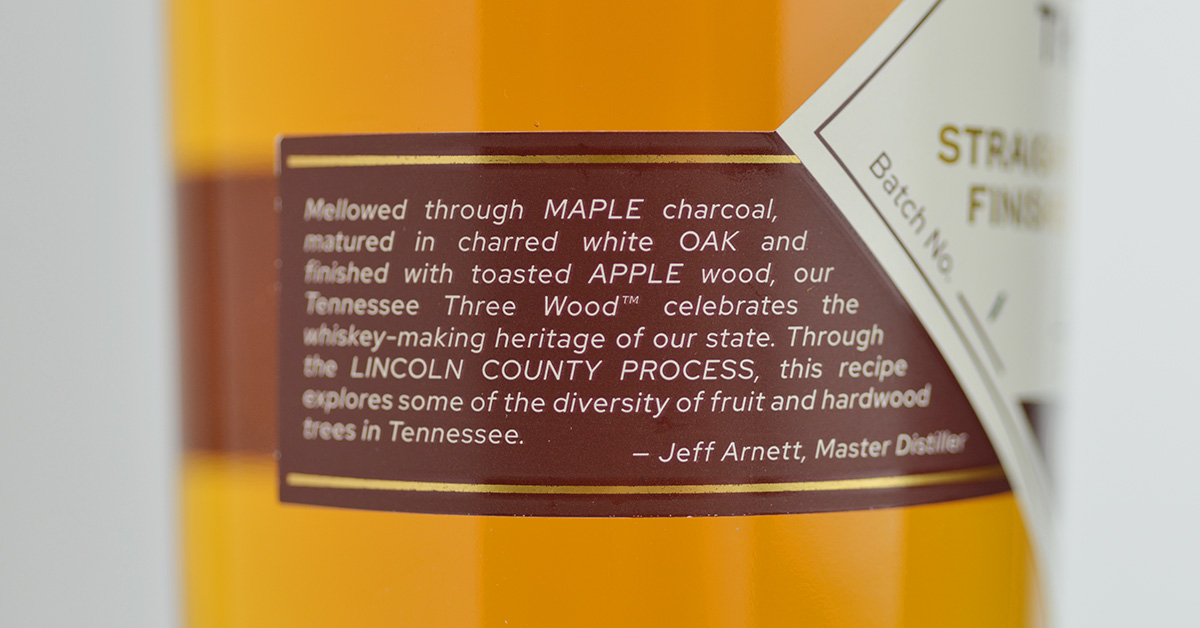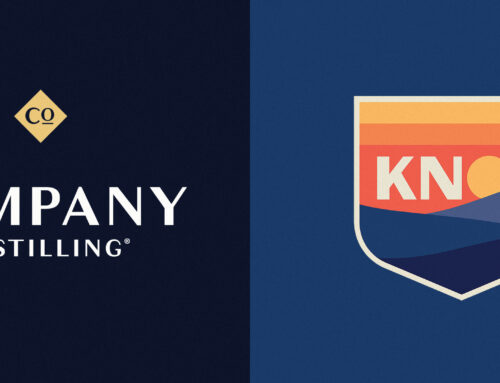All bourbons are whiskey, but not all whiskies are bourbons, therefore bourbon is a specific class/type of whiskey. Whiskey can be made on any continent and is produced by fermenting grain, distilling the fermented liquid, and then placing the distillate into a barrel to mature. Bourbon, however, must be made in the United States, must include at least 51% corn in the grain bill, must be distilled at or below 160 proof, and must be placed into a new charred oak barrel for maturation. To further summarize what is bourbon:
- It must be produced in one of the U.S. states
- It must have a grain bill no less than 51% corn
- It must be distilled at or below 160 proof
- It must be stored in a new charred oak barrel at or below 125 proof
- It must be bottled at no less than 80 proof
- It cannot contain any artificial colors or ingredients (must be all natural)
- If it is stored in a barrel for at least 2 years, it can be further designated as a Straight Bourbon
- If it is stored in a barrel for less than 4 years, it must have an age statement on the label
A decade ago, the State of Tennessee passed legislation that defined what could be labeled as “Tennessee Whiskey.” If you compare the 2013 state law to the federal code for bourbon, Tennessee Whiskey cannot be made in just any U.S. state, but must be made in Tennessee. It also adds one additional process requirement beyond bourbon, which is that the new make distillate must be filtered through hard sugar maple charcoal after distillation and prior to entry into the new charred oak barrel for maturation. In addition, there are no federal requirements for bourbon that are omitted from the Tennessee state law. One could argue that Tennessee Whiskey is actually a specific style of bourbon that has been produced in Tennessee, been charcoal filtered, or as many industry insiders refer to it, manufactured using the “Lincoln County Process.”
To learn more about the science of Tennessee Whiskey, listen/watch the Distilling Greatness Podcast Episode 2.





